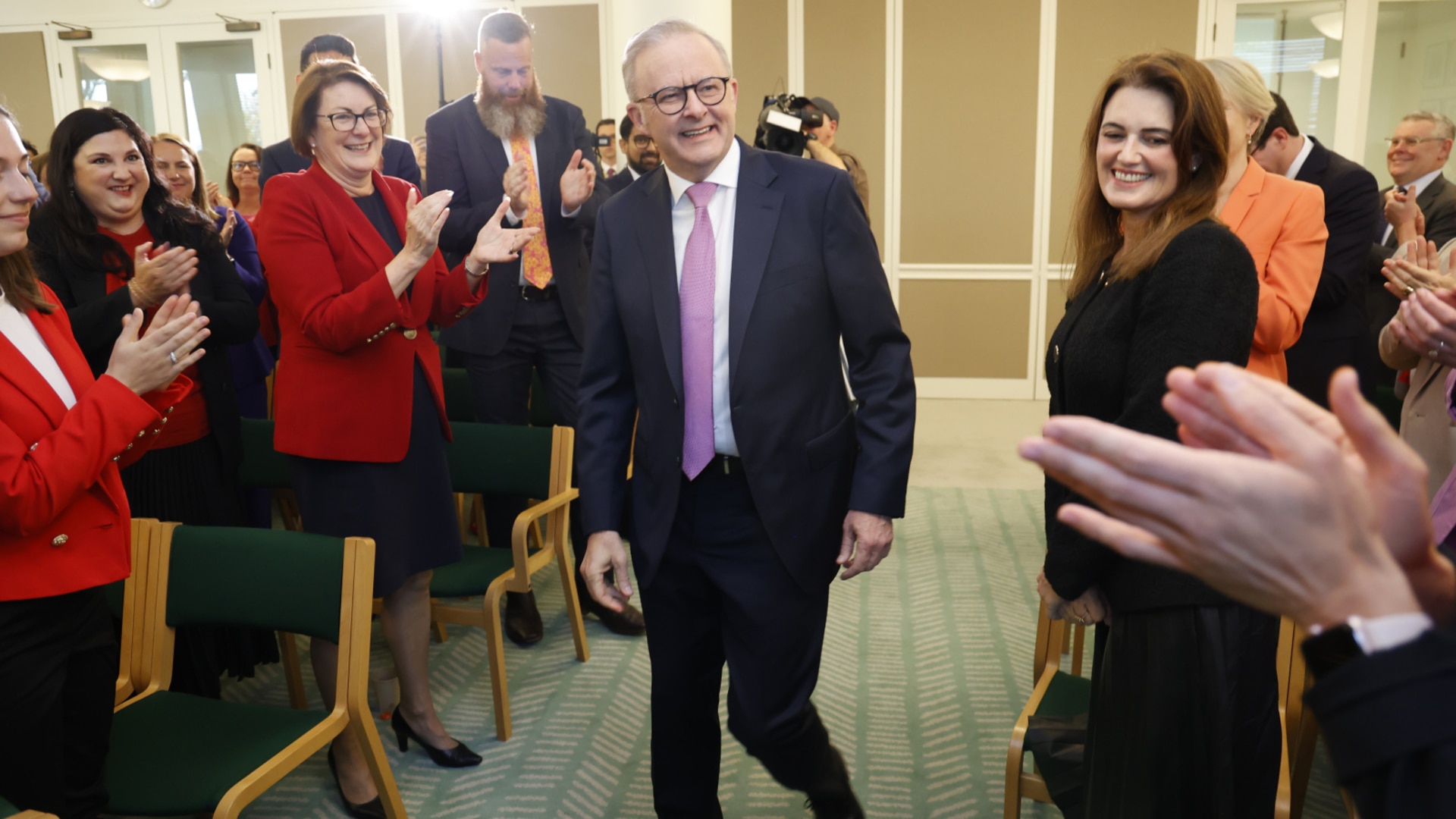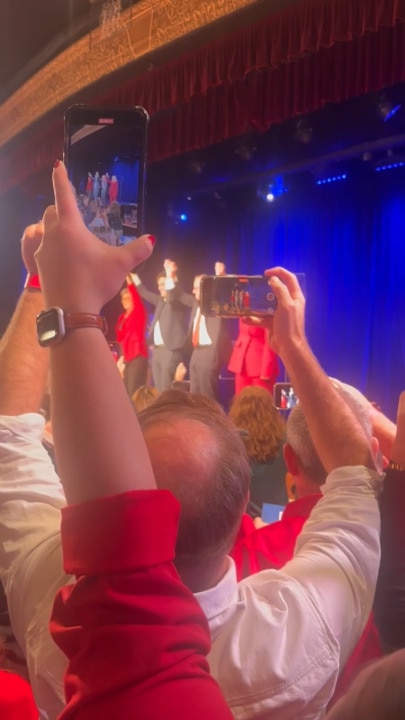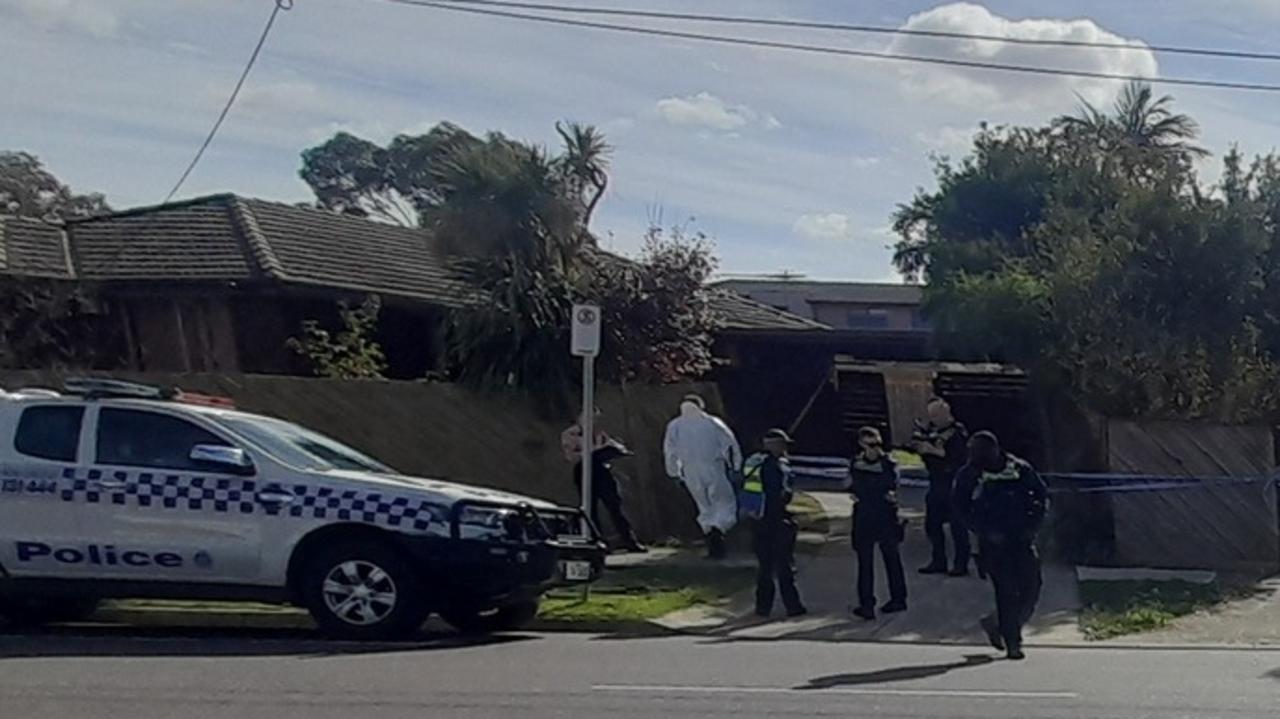Election promise tracker: When the Albanese Labor government says it will deliver on its pledges
Anthony Albanese’s election campaign season was studded with expensive pledges and promises. Here’s when Labor will deliver on them.

Victoria
Don't miss out on the headlines from Victoria. Followed categories will be added to My News.
Anthony Albanese is set to recall federal parliament at the end of July, with his promise to slash $16bn in student debt for three million Australians top of the agenda.
As the ballot count continues in a number of key seats that remain on a knife-edge, the Prime Minister will spend the next two and a half months working on key legislation and bolstering Australia’s international ties.

Mr Albanese will on Wednesday head to Indonesia for his first face-to-face meeting with President Prabowo Subianto.
This week he also held high level talks with US President Donald Trump — who he might cross paths with on the sidelines of the June G7 meeting in Canada — UK Prime Minister Keir Starmer and King Charles.
Mr Albanese said the first piece of legislation his government would introduce into the new parliament was the 20 per cent reduction in student debt, which will be applied from June 1.
“I think that is important, not just in itself but for what it says about our commitment to intergenerational equity,” he said.
“Young people deserve a fair crack and we want to look after them. We understand that it is much harder in so many areas and as technology changes and the nature of work changes.”
Mr Albanese said parliament would return at the end of July, reminding colleagues that Labor had a mandate for the promises it took to the Australian people at the election.
This includes pledges due to come into effect from July 1 such as increasing the repayment threshold for HECS loans to $67,000, a 30 per cent discount on the price of batteries for household solar, and $150 off household energy bills that will be delivered in $75 instalments over the next two quarters.
Another priority will also be implementing a freeze to the alcohol excise on draught beer, which is due to rise on August 1.
From 1 November, the bulk billing incentive will be expanded to all Australians under a mighty $8.5bn investment.

An extra 50 urgent care clinics are also due to open across the country over 2025-26.
From January 2026, the price of medication on the Pharmaceutical Benefits Scheme will be capped at $25, and people will also have access to a free 24/7 telehealth service.
Every first homebuyer will also be able to purchase a property with a 5 per cent deposit, and all Australian families will be guaranteed three days of subsidised childcare.
Labor’s pledge to establish a critical minerals stockpile will also be introduced next year.
But some of the party’s bigger policies, such as two tax cuts, are not to come in until 2026-27.
This is when the average working Australian will receive $268 a year, as well as a $1000 tax write off for workplace expenses, while in 2027-28 workers will $538 a year.
A ban on non-compete clauses for workers less than $175,000 a year is due to come into effect in 2027.
Mr Albanese said his positive agenda made Labor the party of lower taxes, a strengthened Medicare system, increased home ownership, rentals and social housing, and making more things in Australia.
“There’s no country you would rather be than Australia,” he said.
More Coverage
Originally published as Election promise tracker: When the Albanese Labor government says it will deliver on its pledges





